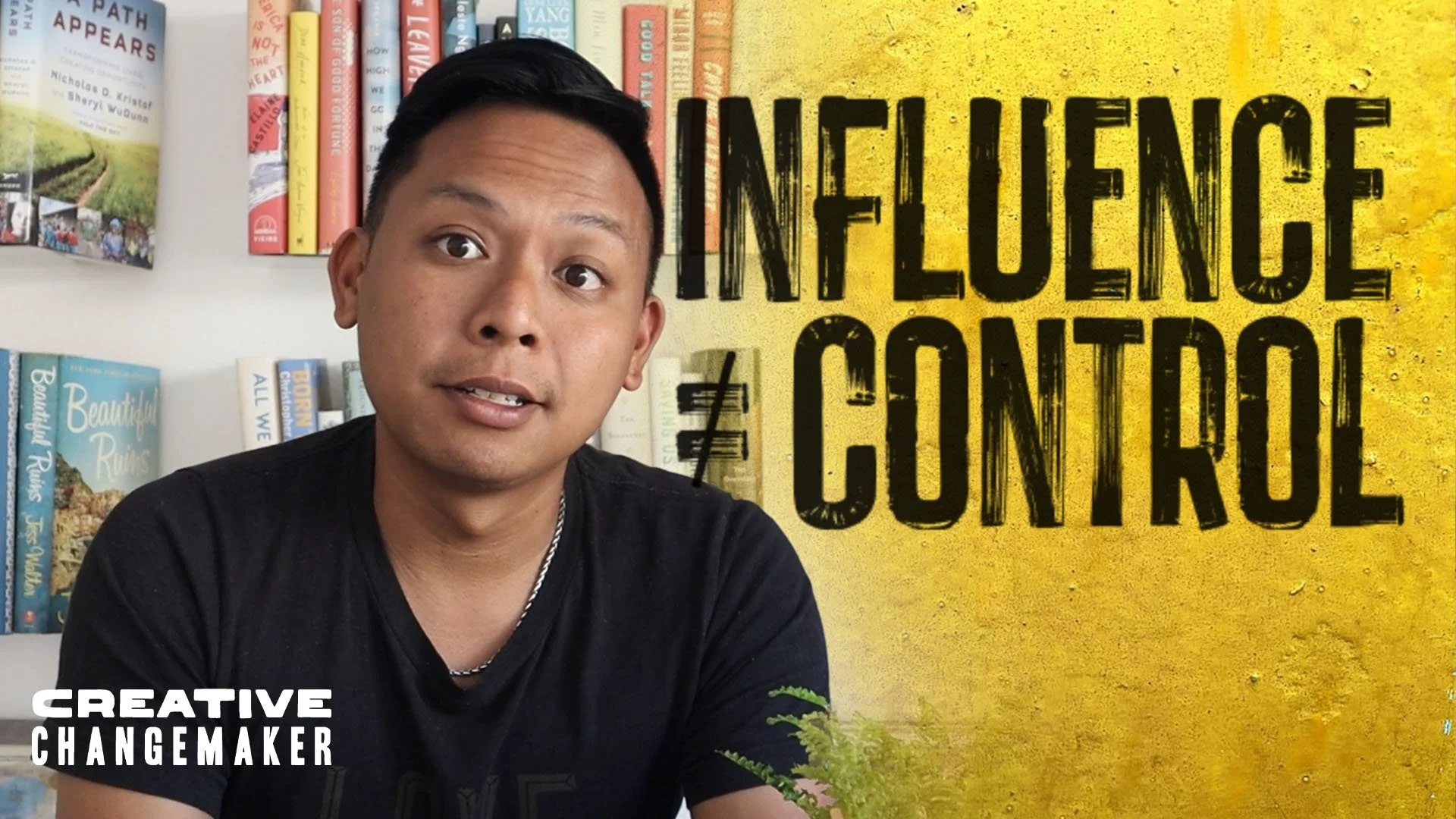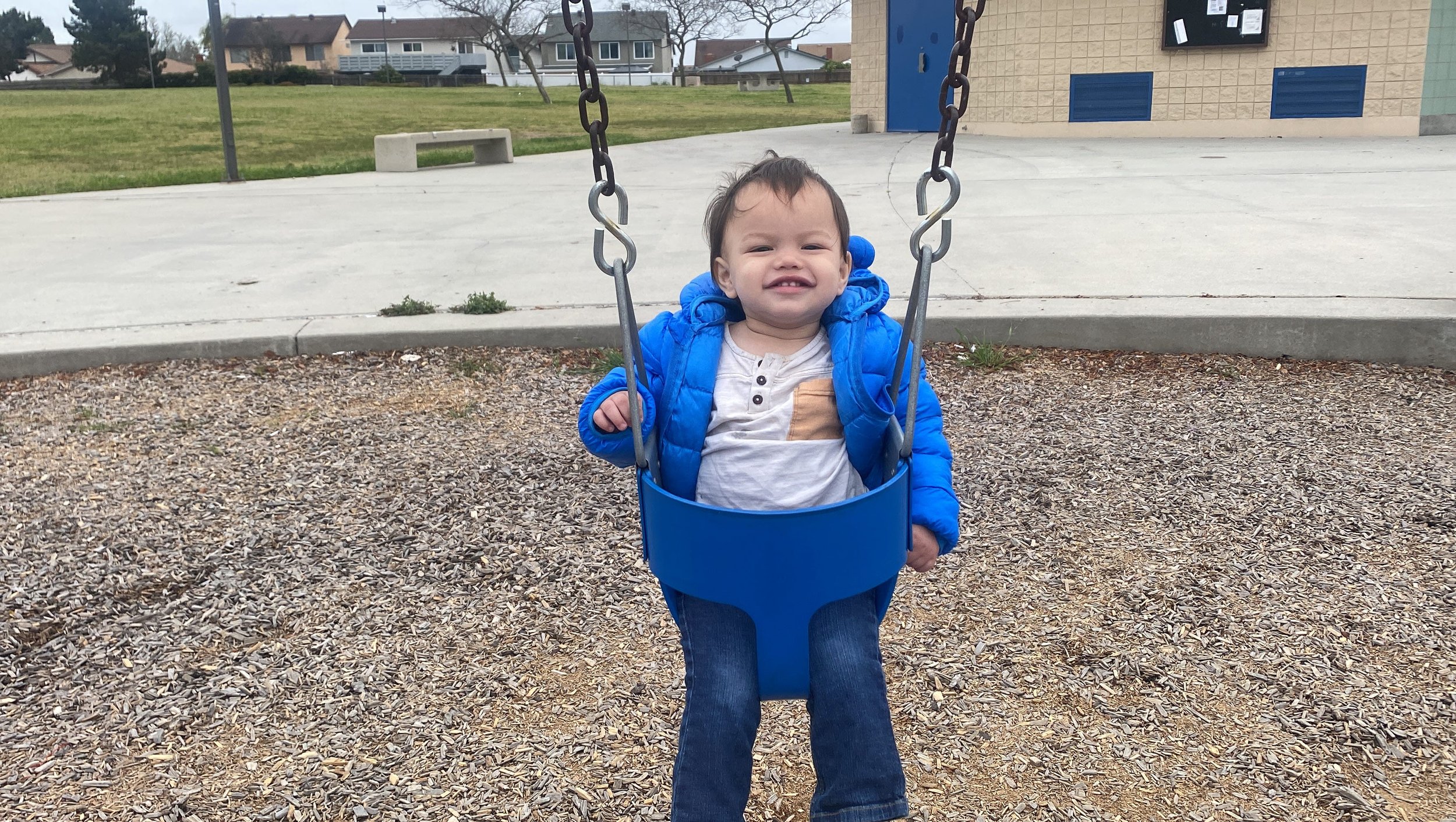You've got no control. You have a lot of influence.
Welcome to the start of a new series for me… all about storytelling for impact. Using creativity to make change. I’m using everything I’ve learned from the worlds of activism, art, communication science, and ecology to help anyone who wishes to make a positive change in the world.
Maybe you work at a nonprofit. Maybe you regularly raise funds or volunteer for a certain cause. Maybe you just have something you care deeply about and want to use whatever bit of influence you have to drive change… that’s awesome.
Sometimes I’ll probably share some really practical tools and exercises I’ve learned, other times I’ll be in the more philosophical realm. Share some paradigms that helped make the work I was doing make a lot more sense. Today, I think I’m playing ball over on that court. I want to share a huge lesson I’ve learned that’s helped me stay motivated to keep advocating for the things I care about.
There’s this quote by Niels Bohr that’s like, the opposite of a deep and profound truth is often another deep and profound truth?
Well, one of the best examples of that comes from my role as a dad. I have three kids- a three year old and two one year old twins. That’s right. They’re all super young. I like to describe my life as part miracle and part Animaniacs episode. But dad life is in full effect for me.
And being a dad has helped me realize something super important. The subtle but important difference between influence and control.
You have no control. You have profound influence. And you shouldn’t let your lack of control stop you from being the best steward you can be of that influence.
As a parent, I think it’s healthy to realize how little control you have over the choices your kids make. Like, they’re their own people, and that becomes true really early on. Like, I have twins. They grow up in the same environment, the same routines, it’s like the ultimate control study. And yet the choices they make are truly their own.
I’m not saying you can’t set boundaries and expectations and all that stuff. That’s important, especially in the early years. But soon enough, you realize, you don’t have control. What you do have… is influence.
Even though you can’t control the choices your kids make, you can have a hand in shaping the way they approach certain decisions. You can help shape their sense for what’s right and wrong, what’s important, and this is significant. So many older adults whose parents have long passed away still make decisions with their moms or dads voices in their head.
This isn’t just parenting advice, though. This distinction shapes how I approach advocacy, social change, and diving into complex and controversial issues.
You don’t have control. But you have influence. And you shouldn’t let your lack of control get in the way of you making the absolute best use of your influence.
I can’t control the U.S. political landscape. I can’t control public perception around major issues. I can’t control how a random person in the audience will react to something I write or speak about; they have all kinds of experiences and inner dynamics that shape whether or not it lands.
But, by speaking, by sharing anyways, by initiating a conversation I believe to be important, I’m making sure that my opportunity to have some influence isn’t going to waste. I believe that just like we’re supposed to be stewards of our natural environment as though it’s a gift from the Creator, and like we’re supposed to be stewards of our financial resources as some of the most privileged people in human history… we’ve also got to be good stewards of our influence.
I think sometimes, we think in order to have an effective conversation about climate change or about race, we need to do a bunch of homework and study so we can effectively persuade someone who sees things differently. It’s great to do research and learn. That is absolutely helpful and worth the time. But when we make persuasion our target, I think that often happens because we’ve fallen for the illusion of control.
Maybe influence means making it normal to talk about something that would be easier to avoid. Maybe it means sharing a personal story that leads someone to think, hey I’ve experienced something similar, and now I know I’m not alone. Maybe it leads that person to share their experiences more widely, and you start to see a few more people speak out about a similar struggle. This is where acceptance for marginalized identities often begins.
I believe that a lot of the positive shifts we’ve seen in LGBT acceptance, in disability rights, in climate advocacy have come from people who’ve approached it from this posture.





